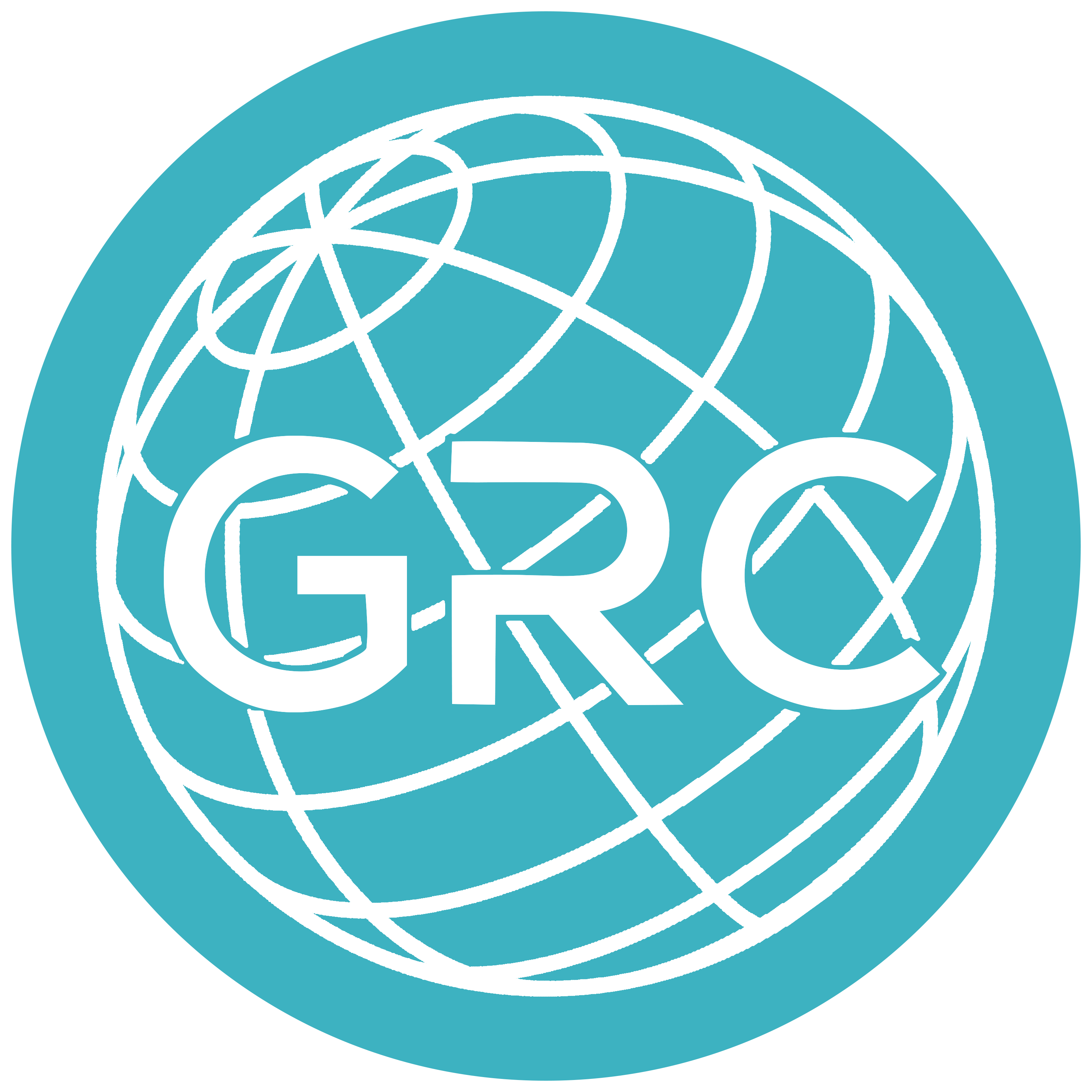Eyecare: A Better Life For All
GRC 2023 Global Essay Competition Top 5
By Alexandra Ma
We are in the midst of a worldwide deficit in vision care: over 2 billion people are blind or visually impaired, and 1.1 billion are unable to access affordable eye care, like glasses or surgeries. Without vision, it is difficult to attain an education, apply for jobs, or even drive a car. Combined with poverty, circumstances for success in life become nearly impossible. To address this global deficit in eye care, we should solicit specific feedback from the communities we serve to more accurately determine their needs, create mobile training programs to effectively deliver what is needed, and persuade governments to place insured eye care back into national health plans.
Firstly, instead of launching programs without genuinely understanding the communities’ needs, we should first consult with these local communities, with the insiders (i.e., local optometrists, ophthalmologists, and the community) to obtain their input on where these programs need to be implemented and what type of resources they need the most. For example, a program director might pose questions like “what age do the children start school?” and “when do the children begin experiencing vision problems?”. If vision problems occur more often in school aged children, regular eye examinations could be implemented as part of an ongoing annual school program at least. On the other hand, scheduling eye examinations only when children begin school would not be effective if children developed vision problems even before this point. If the goal is to detect vision problems as soon as they occur, examinations should be scheduled before children commence school, in their early years, so solutions can be administered as early as possible, to allow for maximum efficacy.
Moreover, if someone was designing a program to eradicate trachoma, a bacterial infection, they could again turn to the community for crucial information on where the hotspots of infection are and who need treatments the most. By procuring such specific details, programs could more effectively target the areas of improvement. Simply consulting the local community and understanding what and where their needs are could make eye care programs much more successful.
Furthermore, with 14 million optometrists needed to satisfy a ratio of 1 physician to 600 patients, but only 331,743 in the world, inaccessibility of eye care is exacerbated. So, another way to improve access to eye care would be to train local optometrists and ophthalmologists by bringing in mobile training programs. There is already one such program in effect, the Orbis Flying Eye Hospital, run by an international NGO. It is a very unique hospital situated on an airplane. Surgeries can be performed on the plane, and passenger zones onboard serve as classrooms for local healthcare practitioners to observe surgeries and advance their knowledge. Volunteer surgeons from other countries share their expertise with local eye care teams. Not only is the plane an operating room and a classroom, but because it is mobile, it can bring basic eye care and surgical equipment, as well as medical treatments to communities in need.
Ultimately, governments should place annual eyecare examinations back into national and provincial healthcare plans. This would provide an even more accessible method of receiving regular eye care, especially in children and seniors, where early detection is key to preserving vision and treating preventable blindness. Specifically, on the Government of Onatrio’s website, “seniors without an eligible medical condition will receive one exam every 18
months'', citing that other provinces go as long as 24 months. However, the American Academy of Ophthalmology recommends an eye exam at least every year, especially for older seniors, as diseases that strike seniors are often difficult for the senior themself to detect and must be diagnosed by an eyecare professional. Thus, governments should enforce regular access to eye examinations in nationwide healthcare plans.
Improving quality of life through enriched access to vision care in local communities means exceptionally trained optometrists with mobile training hospitals, and ensuring that patients in the community receive the eye care they need. Implementing both on a global level can pave the way for exponentially increasing access to eye care. Ultimately, for the 1.1 billion people who are blind or visually impaired, eye care is not an option, it is a need.
References
Boyd, Kierstan. “Eye Health Information for Adults Over 65.” aao.org. American Academy of
Ophthalmology, Aug 30, 2023.https://www.aao.org/eye-health/tips-prevention/seniors.
Government of Ontario. “Ontario Government and Ontario Association of Optometrists Reach Historic Agreement.” ontario.ca. Mar 24, 2023. https://news.ontario.ca/en/release/1002861/ontario-government-and-ontario-association-o f-optometrists-reach-historic-agreement.
Hutton, David. “Boarding Orbis Flying Eye Hospital: Not Your Typical Flight Experience.” ophthalmologytimes.com. Ophthalmology Times, Nov 27, 2022. https://www.ophthalmologytimes.com/view/boarding-orbis-flying-eye-hospital-not-your- typical-flight-experience
Ike, Princess Ifeoma, and Pesudovs, Konrad. “Here's how we can provide better eye care for the world.” weforum.org. World Economic Forum, Jan 28, 2022. https://www.weforum.org/agenda/2022/01/heres-how-eye-care-for-the-world/.
Orbis. “What we're doing to tackle Global Blindness” orbis.org. Orbis International. Accessed Nov 3, 2023. https://can.orbis.org/en/what-we-do
Stern, Jude, and Burnett, Anthea. “Mapping the global optometry workforce.” iapb.org. The International Agency for the Prevention of Blindness, Jul 20, 2021. https://www.iapb.org/blog/mapping-the-global-optometry-workforce/.
World Health Organization. “Governments commit to accelerate action to improve access to eye care services.” who.int., Jul 23, 2023. https://www.who.int/news/item/23-07-2021-governments-commit-to-accelerate-action-to -improve-access-to-eye-care-services.



